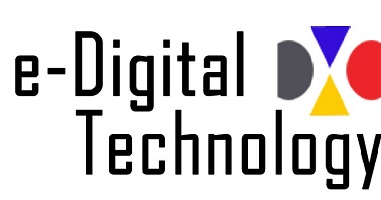
AI is beyond the task level of automation what it is today it is in the business of reskilling the workforce in real time. From smart training platforms to adaptive learning systems out there today AI is at the forefront in getting employees ready for the future of work via personal, large scale, and on-demand skill development.
The Need for Continuous Reskilling
Rapid rate of tech change has which in turn is creating a skills gap. We see growth in data science, cybersecurity, AI development and digital marketing roles and at the same time decline in manual and repetitive jobs. Also traditional models of education and corporate training are having trouble keeping up with this speed of change. Thus, we have an urgent need for flexible and adaptive upskilling solutions that may evolve with market trends.
AI-Powered Learning Platforms
In recent years we have seen the introduction of what we may term to be the new age of AI-powered learning platforms. These systems, which use machine learning algorithms, determine at what skill level an employee is at, what gaps there may be, and also put forth tailored training programs. Now, Coursera, LinkedIn Learning, and Udemy for Business report to be among the players that are at the forefront of this trend, which is to put out course recommendations based on job role, past learning behavior, and also what each individual’s goals are.
AI also has the ability to provide real-time feedback. Instead of waiting for the end of the course evaluations, learners get continuous assessment which in turn we are able to present to them tailored content updates to keep them in the game and on track. This adaptive model also reports to say that it improves efficiency in learning and in turn allows organizations to have a workforce that is always evolving.
Virtual Coaches and Chatbots
AI-fueled virtual coaches and chatbots are a mainstay in corporate training. We have digital assistants which are available 24/7 they answer questions, put forth real-world scenarios for practice also. Employees may now learn at their own pace and at a time that is convenient to them which in turn makes training more accessible and less of an interruption to day to day operations.
Also in the field of AI we see that which is Natural Language Processing (NLP) enables these tools to interpret context and intent, which in turn makes the learning experience very personal and intuitive. We see this to be a reduction in the barrier to learning which in turn encourages greater proactive engagement from employees.
Real-Time Skill Matching and Career Pathing
Advanced AI is also a tool we are using to look at internal talent pools and which in turn we use to match employees with new roles or projects as their skill sets evolve. For instance if an employee gets certified in cloud computing, the AI will put them forward for relevant IT projects we have lined up or bring to light new career options within the organization.
This kind of investment in human capital which in turn promotes internal mobility and has companies aligned to the growth which is in turn related to the business needs.
Challenges and Ethical Considerations
While we see great promise in this field, AI reskilling must be done so ethically. Issues of bias in algorithms, data privacy, and transparency are preeminent. We ask that companies see to it that AI products are inclusive, respect personal data, and do not add to the present inequalities.


